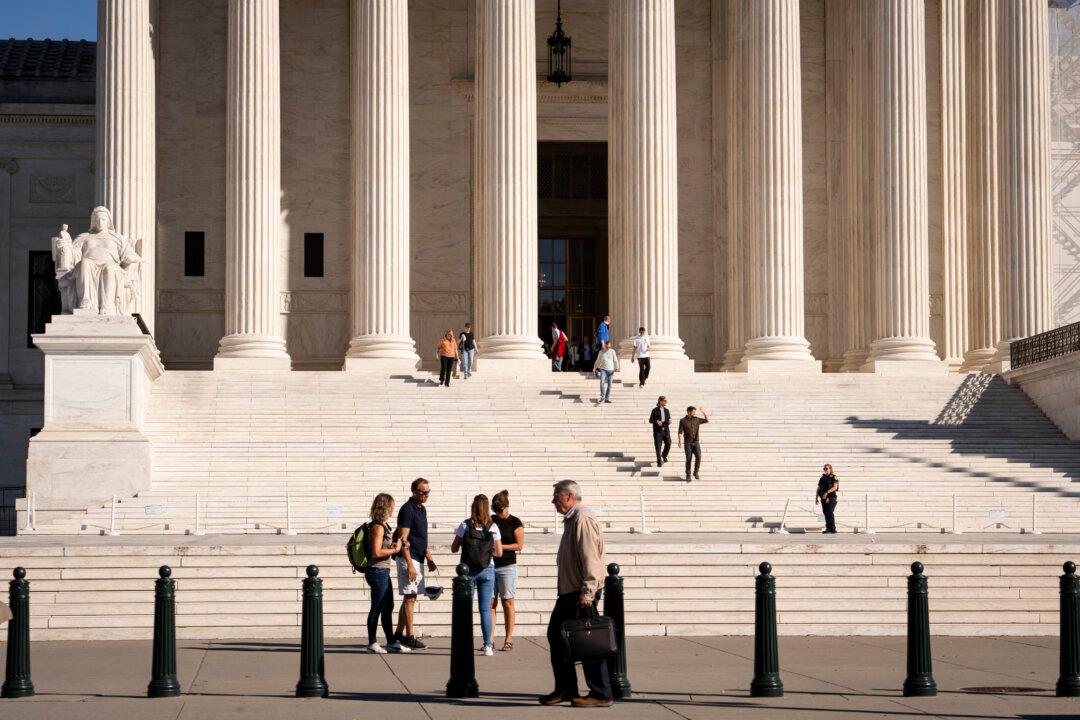The U.S. Supreme Court seemed prepared on Nov. 5 to reject an enhanced standard of proof for employers to demonstrate that federal law does not require they pay workers overtime.
The justices heard oral arguments in the case known as E.M.D. Sales Inc. v. Carrera.





